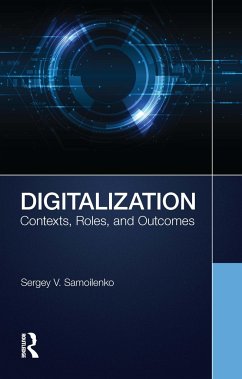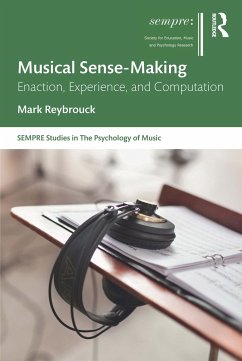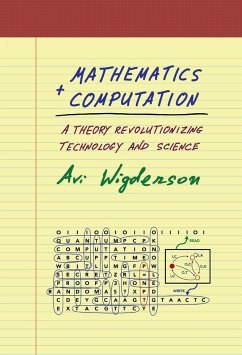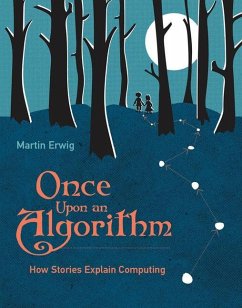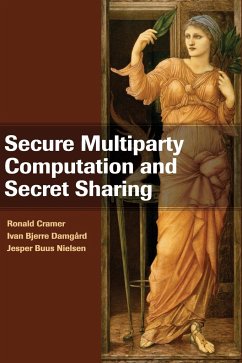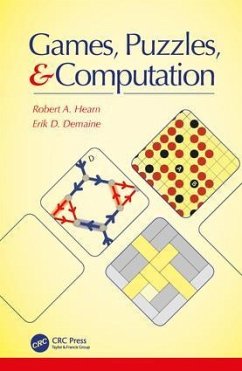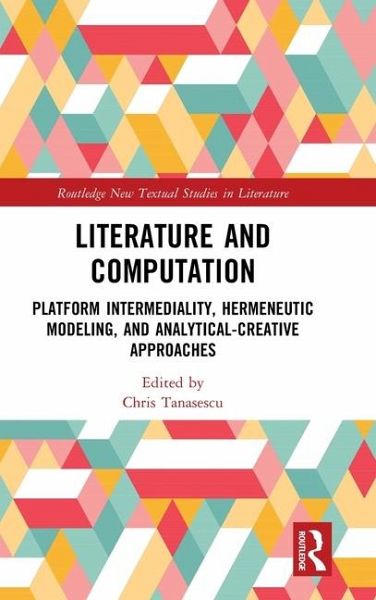
Literature and Computation
Platform Intermediality, Hermeneutic Modeling, and Analytical-Creative Approaches
Herausgegeben: Tanasescu, Chris
Versandkostenfrei!
Versandfertig in 6-10 Tagen
144,99 €
inkl. MwSt.
Weitere Ausgaben:

PAYBACK Punkte
72 °P sammeln!
Literature and Computation presents some of the most relevantly innovative recent approaches to literary practice, theory, and criticism as driven by computation and situated in digital environments. These approaches rely on automated analyses, but use them creatively, engage in text modeling but inform it with qualitative[-interpretive] critical possibilities, and contribute to present-day platform culture in revolutionizing intermedial ways. While such new directions involve more and more sophisticated machine learning and artificial intelligence, they also mark a spectacular return of the (...
Literature and Computation presents some of the most relevantly innovative recent approaches to literary practice, theory, and criticism as driven by computation and situated in digital environments. These approaches rely on automated analyses, but use them creatively, engage in text modeling but inform it with qualitative[-interpretive] critical possibilities, and contribute to present-day platform culture in revolutionizing intermedial ways. While such new directions involve more and more sophisticated machine learning and artificial intelligence, they also mark a spectacular return of the (trans)human(istic) and of traditional-modern literary or urgent political, gender, and minority-related concerns and modes now addressed in ever subtler and more nuanced ways within human-computer interaction frameworks. Expanding the boundaries of literary and data studies, digital humanities, and electronic literature, the featured contributions unveil an emerging landscape of trailblazing practice and theoretical crossovers ready and able to spawn and/or chart the witness literature of our age and cultures.
Introduction and Chapter 3 of this book is freely available as a downloadable Open Access PDF at http://www.taylorfrancis.com under a Creative Commons Attribution-Non Commercial-No Derivatives (CC-BY-NC-ND) 4.0 license.
Introduction and Chapter 3 of this book is freely available as a downloadable Open Access PDF at http://www.taylorfrancis.com under a Creative Commons Attribution-Non Commercial-No Derivatives (CC-BY-NC-ND) 4.0 license.




